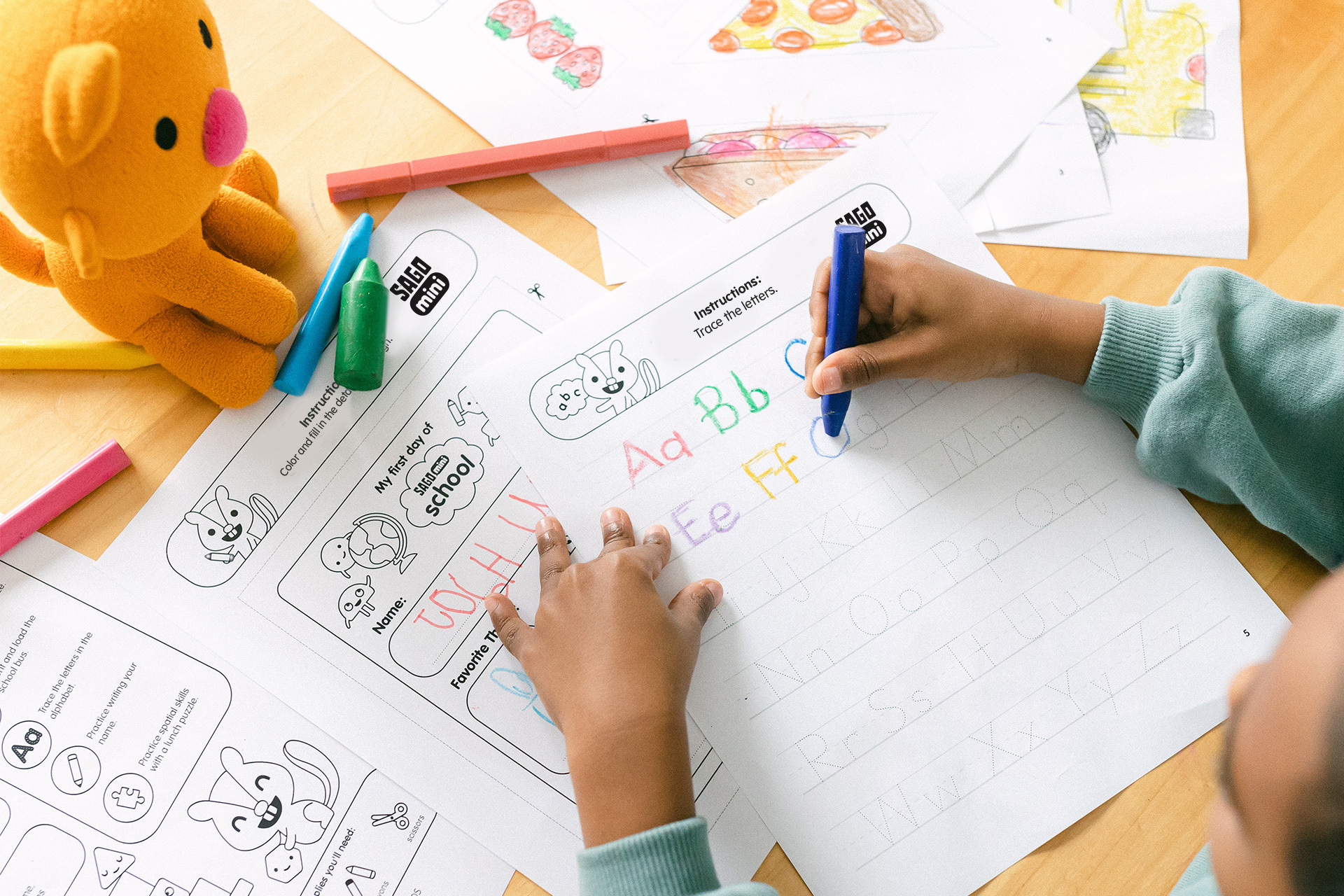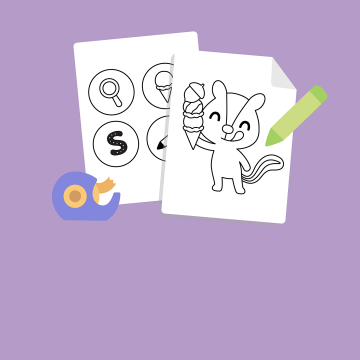- On Creative Practice with Sharna Jackson, Young Adult Author
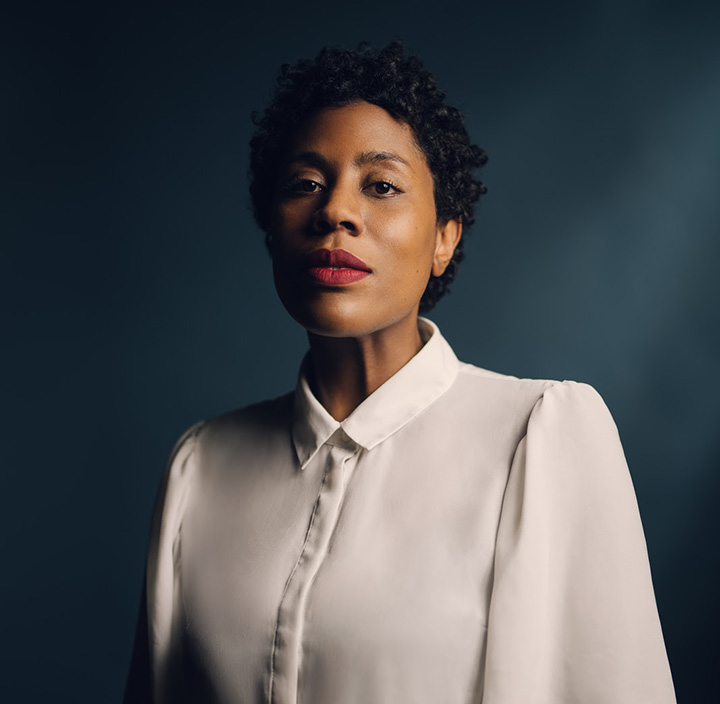
With a storied background in artistic direction and curation, Sharna Jackson is no stranger to the creative process. In , her new mystery series for middle-schoolers, we tag along with main characters Nik and Nora as they solve crimes in and around their London tower block estate. We were lucky enough to pick her brain about the writing process, and snag a few tips for encouraging budding authors and busting through creative blocks.
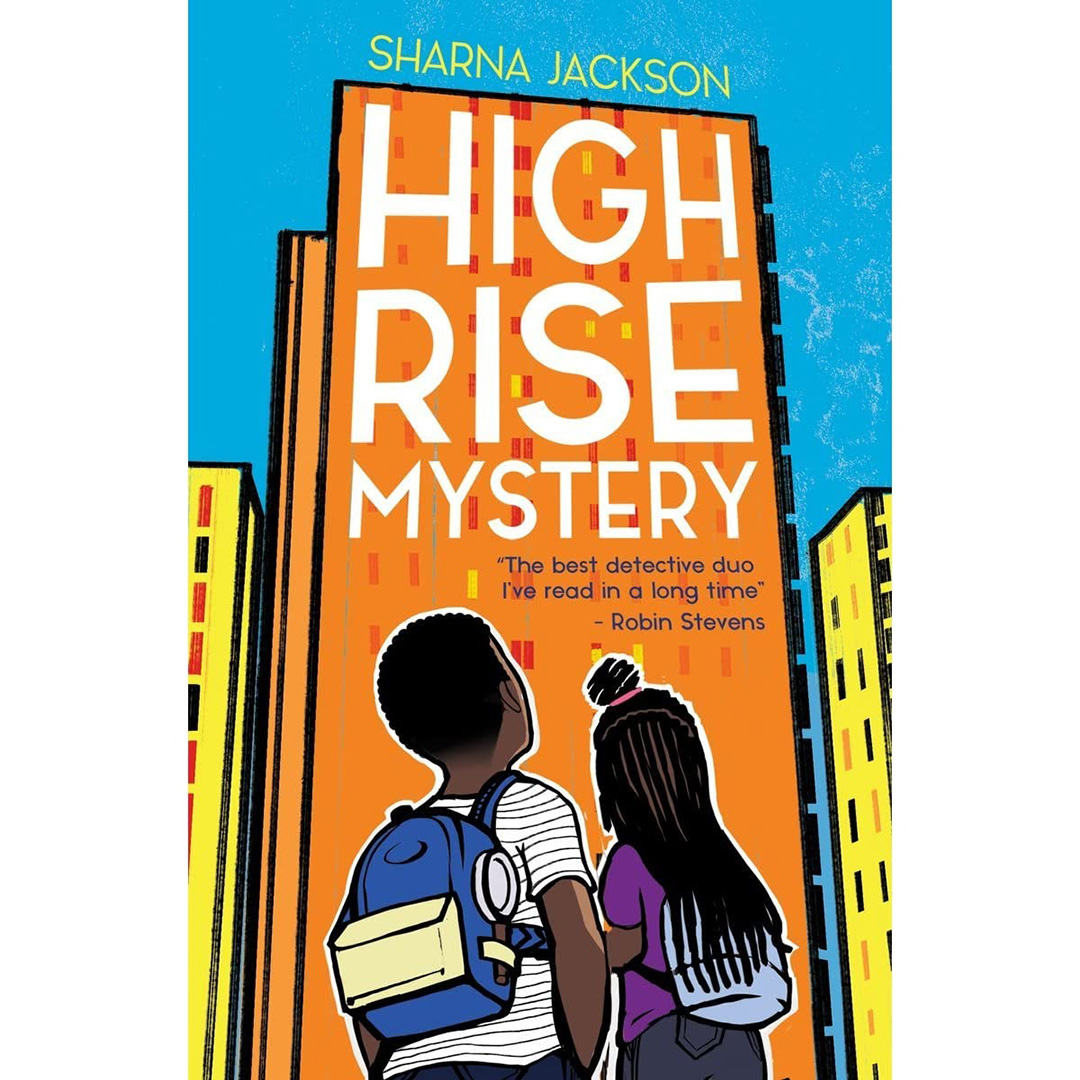
What's a typical writing day like for you?
I wish I had typical writing days! I have to fit writing around my other responsibilities and jobs. An ideal writing day would be one where I could have some uninterrupted time to return to the world of the book, and let the story flow from there. A lot of the 'writing' happens in my head – working out the characters, their motivations, their interactions and conversations and how that can drive the story. When it comes to the physical act of writing, the ideal scenario is that it flows out freely after completing all the mental work.
The second book in your (incredibly successful!) High-Rise Mysteries series was published this year. How did the writing & editing process for your second book differ from your first?
I was freelancing when I wrote High-Rise Mystery, so it was easier to make space in my day for writing. With Mic Drop, the sequel, I had a more than full-time job and had moved to a new city. It was incredibly hard to find the time. Deadlines moved more than once, and I wrote a huge chunk of the first draft in four days when I went 'away'. The last 40 pages were bullet points, which was incredibly unprofessional, but I had to find a way to get the story out and deliver 'something'. It was not a fun process for my editors. I apologise regularly for putting them through that experience!
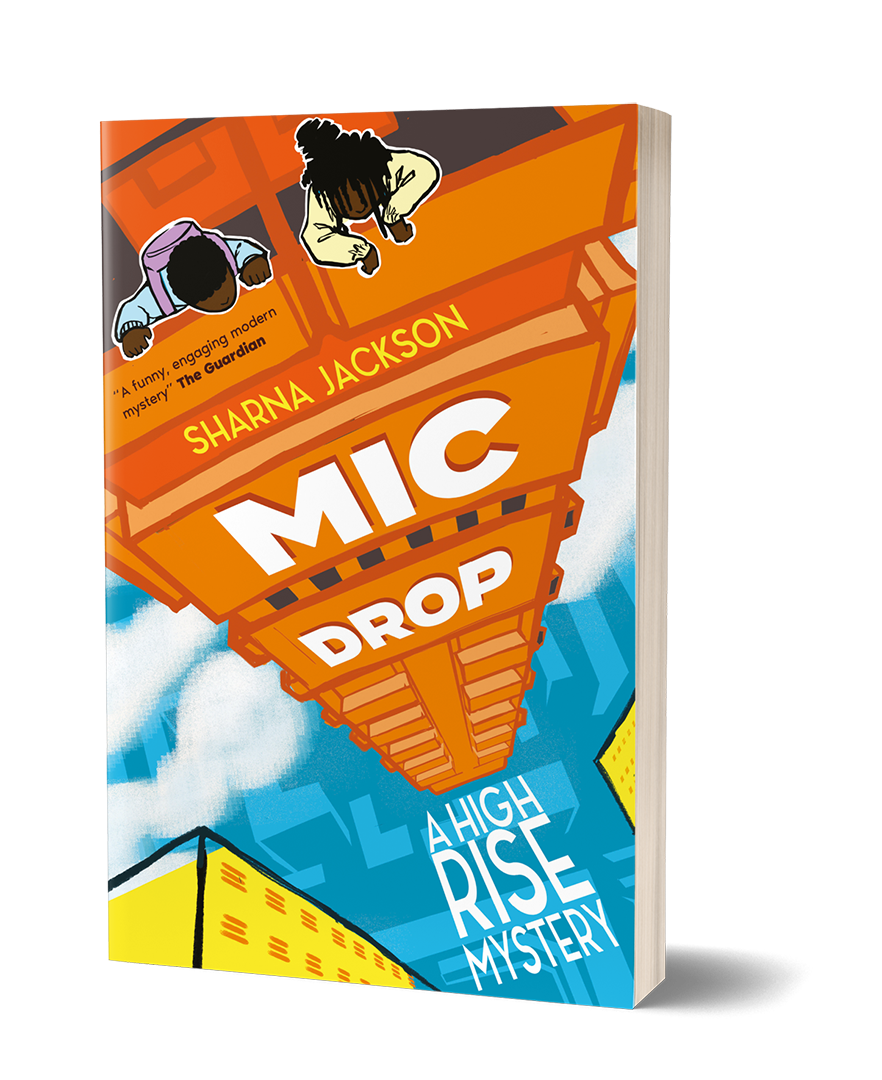
You came from a background in art curation and art programming for kids - how did these creative experiences (if at all) carry over into your writing craft?
I've had lots of different jobs across arts, culture, media and publishing, and there is a thread that weaves them together. For each role I accept, I ask myself how I am encouraging young people – especially those from disadvantaged or disengaged backgrounds – to participate and engage. So my books will always feature children who aren't white in lead roles, they will never act in stereotypical ways, and I will always be honest about my writing process when I speak to children about it. For High-Rise Mystery in particular, the children attend an art club and their teacher is the victim, so I will always try and add something about the power of being creative in my writing, where possible (that doesn't necessarily end with murder!)
You've got a son about the same age as the main characters in the High-Rise Mysteries. How has he helped you write stories for and about those preteen years?
Joseph's ten and was super helpful – worryingly so when devising murder methods and ways to dispose of bodies. He and his friends were really interesting to listen to – their slang and phrasing of words were definitely noted and added to the stories. It's funny, Joseph won't read High-Rise Mystery because he was involved. He says to him it's just people moving from place to place and he's not interested in that. The mystery has gone. Children, honestly.
Any advice for encouraging little ones who've expressed an interest in storytelling?
Keep your eyes open! If you're looking, you can spot stories all around you. Get a notebook, write on scraps of paper or use your phone to keep track of interesting people or things you see in the street, on your walk to school, when you're on the bus. Think about where those people might be going next, and what they might do when you're not looking. Also importantly – none of the notes you make are ever wasted. If they don't fit in a story you want to write now, they may work in another piece later on.
Writing can be a painstaking (and occasionally painful!) process. Any advice for pushing through creative blocks?
Walk or look out of the window for a while. Or just write nonsense on the page for a few minutes. That might unlock something or give you the bravery to write what you want to. Sometimes the block is about fear and you have to work around it!
Dying to know what hijinks happen in the High-Rise Mysteries? Learn more about the high-stakes series .
